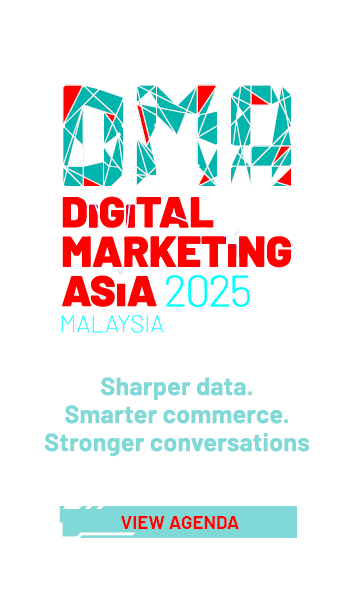



Businesses in Asia wake up to skin tone sensitivities
share on
Amid the #BlackLivesMatter movement in the US, consumers in different parts of the world have also spoken up about the issue of colourism. Women, in particular, have been vocal about the irony behind companies such as Unilever and Johnson & Johnson calling for racial justice while promoting skin lightening products.
Companies have subsequently taken steps to change their branding and be more inclusive. Here are some brands which were recently pulled into the spotlight:
1. Shaadi.com

Matchmaking service Shaadi.com recently removed its skin tone filter after copping flak from netizens online. According to CNN, the platform previously requested users to indicate their skin tone with descriptors such as “fair”, “wheatish” and “dark”, which then allows potential suitors to filter their search.
A quick search by Marketing found that the backlash on Shaadi.com was brought up by three women - Roshni Patel, Meghan Nagpal, Hetal Lakhani - from US and Canada. It started with Nagpal tweeting to Shaadi.com, requesting the matchmaking site to remove the skin colour option saying “colourism has proven to be dangerous”. The post caught Lakhani’s eye, who then created an online petition on Change.org.
The outrage by women from other parts of the world, who also felt strongly about the skin colour filter, led to blogger Patel sharing it on her social platforms to all her followers. In that tweet, she tagged Shaadi.com and said it discriminated based on skin colour. Shaadi.com, however, denied asking members for their skin tone or colour. Patel then further questioned the reasoning behind the filter, to which Shaadi.com replied:
"Since we do not collect or capture this information on our platform, one cannot filter profiles using this. Hence, this search filter has no implications on matchmaking. That said, the search filter was blind spot from our side and we have removed it."
2. Unilever

Hindustan Unilever has confirmed it will be rebranding flagship brand Fair & Lovely as the step in the evolution of its skin care portfolio. According to the FMCG giant, the rebrand will take forward the brand’s journey towards a more inclusive vision of beauty, and that Unilever will stop using the word ‘Fair’ in the brand name ‘Fair & Lovely’.
In a media statement, Unilever said the brand’s vision is to adopt a holistic approach to beauty that cares for people, that must be inclusive and diverse - for everyone, everywhere. Unilever added:
The brand is committed to celebrating all skin tones. The brand has never been and is not a bleaching product.
This came shortly after netizens around the world called out Unilever for owning a “racist” product, and to drop the brand and issue an apology for “promoting colourism and racism in the South Asian culture for years”. Others were also calling to the company asking it to “put [its] money where [its] mouth is” and stop manufacturing fairness creams and selling it in markets such as India.
3. Johnson & Johnson

J&J’s Band-Aid brand will be launching a range of bandages in light, medium and deep shades of brown and Black skin tones to embrace the beauty of diverse skin. The company said it is "dedicated to inclusivity and providing the best healing solutions, better representing you".
In addition, J&J said it will no longer produce or ship its Clean & Clear Fairness line of products in Asia and the Middle East. In a New York Times article, J&J said there have been conversations over the past weeks that some of its "dark spot reducer products represent fairness or white as better than your own unique skin tone", and that it was never the company's intention to do so.
4. Colgate

Colgate-Palmolive is reviewing its iconic toothpaste brand Darlie amidst race-related discussions, according to an article on Reuters. Its iconic green packaging features a smiling man in a top hat and in Chinese, the brand name translates to “black person toothpaste”.
Until 1989, the toothpaste was known as "Darkie". The move comes as protests and conversations over equality rise all over the world, and specifically in America. In Asia, Darlie controls 17% of the toothpaste market in China, 21% in Singapore, 28% in Malaysia, according to market research firm Euromonitor International.
"For more than 35 years, we have been working together to evolve the brand, including substantial changes to the name, logo and packaging. We are currently working with our partner to review and further evolve all aspects of the brand, including the brand name," Colgate's spokesperson said.
Share your thoughts with us journos in the newsroom and be part of our Instagram community to catch the behind the scenes action, industry updates and creative inspiration!
Related articles:
Skincare brand Olay to reportedly cease retouching ads by 2021
Volkswagen apologises for racist ad, management says they are horrified
share on
Free newsletter
Get the daily lowdown on Asia's top marketing stories.
We break down the big and messy topics of the day so you're updated on the most important developments in Asia's marketing development – for free.
subscribe now open in new window
